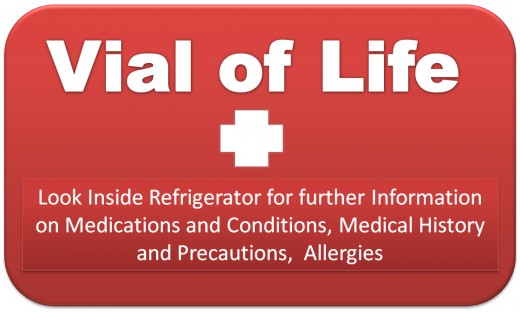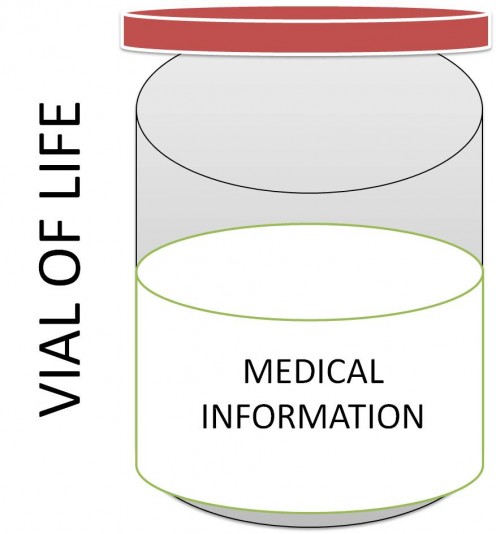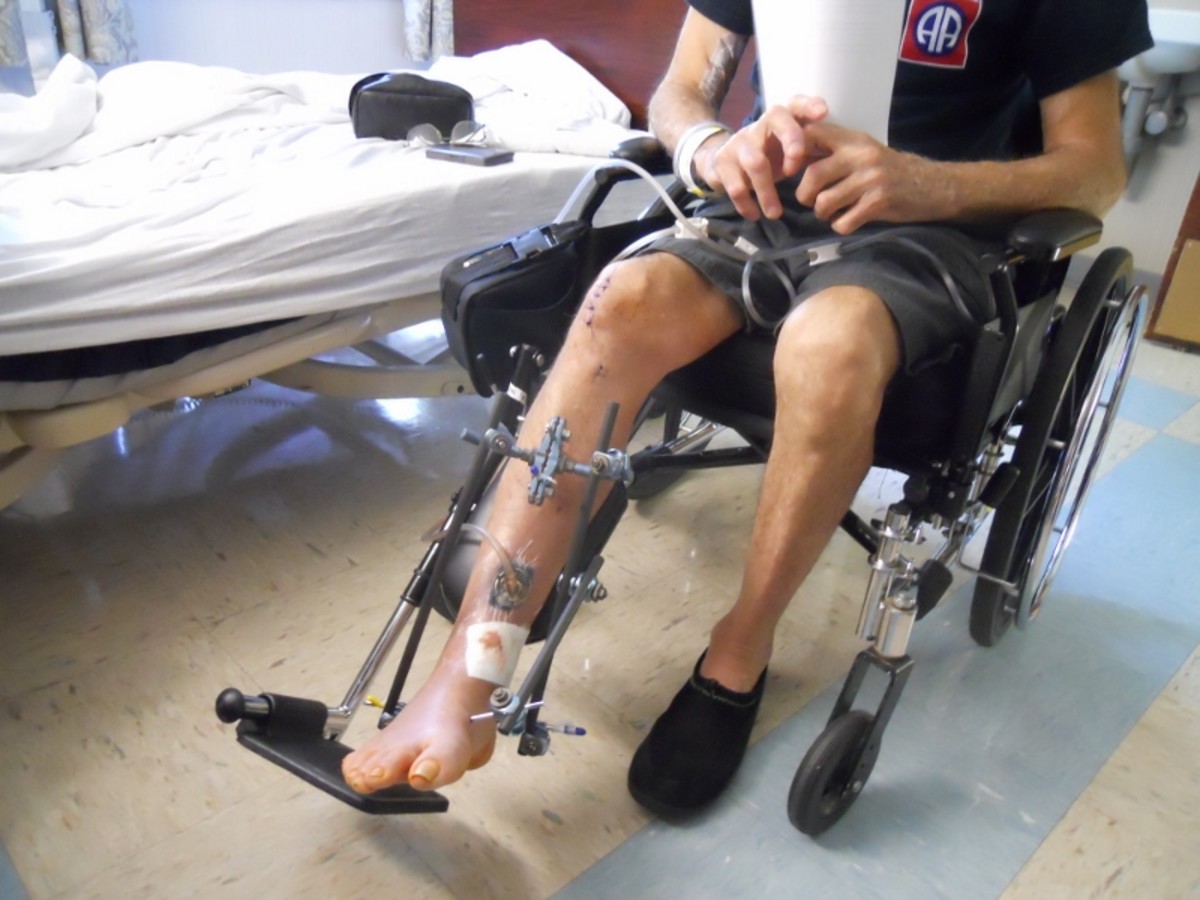How to Care For a Sick Parent

Family caregivers are a diverse population that provides love and the primary support for disabled or ailing family members. In a study called, Silent Epidemic: Perspectives of High School Dropouts, 22 percent stated they had to leave High School in order to care for a sick parent. Recently, a new sector of the population, known as the Sandwich Generation, have found themselves caring for parents, grandparents, working full time, and providing care for their own children. Although women have dominated this typical role as the family caregiver, more men are joining the Sandwich Generation. Millions of people are caring for their loved ones, and since the enactment of the National Family Caregiver Support Program, financial assistance for caregivers and their families is available.
The Basics: How to Care for a Sick Parent
Like all human beings, the importance of activities of daily care must be maintained. For ill people who cannot perform self-care, you must provide the deficits and ensure they remain healthy. A basic checklist will help ensure that you have provided or encouraged the basics on a daily basis.
Oral Hygiene: If the affected person cannot brush their teeth, or has swallowing difficulty, provide a mild or diluted mouthwash that can be spit out. Apply in the morning, after each meal and at bedtime.
Assist with Personal Hygiene: Allow your loved one to assist with their own care to their maximum potential. Hand them a face cloth, hold a mirror so they can comb their hair or provide a chair for them to sit in the shower.
Nutrition: A healthy diet with adequate calories is extremely important. People suffering from cancer may have treatments discontinued if they don't maintain a certain weight. People who are limited in mobility may develop bedsores from a deficit in protein and vitamin C. If your loved one has a loss of appetite, provide supplemental shakes and drinks recommended by your healthcare provider.
Mobility: People have to move, at least side to side, every two hours or so. If not, their circulation will be cut off and the area may breakdown and develop open wounds. If possible, have your loved one sit up in a chair as long as they can tolerate it before returning to bed. Also, the lungs expand and they have less of a chance of developing pneumonia.
Medical Equipment: Depending on their mobility status, you may have to provide a portable toilet by the bed. An Oxygen cannula must be long enough to reach the oxygen concentrator when the person is in motion. A trapeze bar on the bed may help transfers and position changes.Always lock wheelchair wheels before assisting your loved one with a transfer.
Medications and Treatments: The amount of medications and dosage times may be overwhelming during the process of treatment. Use a plastic box, daily list, alarm clock or any creative means to ensure the medication is delivered at specified times.
Limit Falls and Accidents: Provide a bell at the beside and encourage your loved one to call you if they get out of bed. Ensure the corridors are free from throw rugs and clutter. Install grab bars in the bathroom and bedroom. Assist with walking if necessary.
Listen and Report: If your loved one has new complaints of pain, fatigue, depression or any signs of a reaction to medications or treatments, notify your healthcare provider of the changes. It is also very common for sufferers to experience depression and anxiety. Discuss the possibility of providing antidepressant therapy for your loved one is you feel they are depressed or anxious.
References and Resources
The Silent Epidemic: Perspectives of High School Dropouts
Eldercare and Information on Receiving Benefits for Caring for a Parent
A Network of Support for Caregivers and Informational Resources: Strength for Caring
Family Cargiving 101: Support and Information
Get Financial Assistance for Caring for a Family Member
National Family Caregiver Support ProgramHealthcare Providers: Patient and Caregiver Rights
Educate yourself on patient rights and exercise those rights as a patient caregiver and advocate:
- If the hospital wants to discharge your loved one and you don't agree, you can say no until you feel more confident of their health status
- Request help from a home care nurse or aid to help care for your loved one. Know your health insurance policy well and use all your benefits.
- Make sure you know all the home equipment you'll need and how to use it. A medical bed is difficult to set up and you may not have the required space or strength to assemble it alone.
- Ensure that you have a living will, or documentation as a medical surrogate. Your discussions on this difficult topic will guide you to provide your loved one's wishes--not other family members or what you would would prefer.
- Contact your local chapter for the National Association of Area Agencies on Aging to locate the Area Agency on Aging in your city or county and find out about financial assistance you are entitled to.
.
The Vial of Life is an Excellent Tool for Emergencies

Keep Medications and Allergies Current

Preparation for Emergenices
If your parent or loved one is in the process of a long or complicated illness, it is important to ensure documentation of allergies, current medications and medical history are available in a moments notice. The Vial of Life was designed by medical professionals to provide important medical documentation in times of emergencies, especially if the patient cannot answer medical questions from emergency responders.
The Vial of Life Label is Placed on the Refrigerator
Medical information is kept current and placed in the Vial of Life. The red sticker is clearly visible on the outside of the door, and emergency responders, such as a 911 call, can access the vial inside and provide optimal care for the patient.
Taking Care of the Caregiver
It is common among cargivers to experience burnout and exhaustion from a busy life that is spent taking care of others. In order to provide the necessary energy and vitality needed to care for your parent, it is paramount that you take care of yourself. Seek out resources to help if you are in a long term situation and need a break and time for yourself. Check into services that can help you:
Respite Care: Trained people and companions can take care of your loved one for a short period of time while you go shopping or just attend a movie. Respite means "time away for one's self.
Adult Day Care: Trained professionals can encourage your loved one to keep busy with peers or care workers that provide you with time to care for yourself.
See Volunteers in Your Local Area: Churches, neighborhood outreach centers and other volunteer groups offer assistance for people who need assistance with family care.
Contact the Health Insurance Company: Be sure that you are using all your benefits from the insurance, and check if you are entitled to a visiting nurse or aid for any period of time.
Other Hubs You May Find Helpful by eHealer
The Compassionate and Loving Family Caregiver
Most family members that care for their loved ones feel glad to do it, or even that it is their duty. However, you must be aware of depression and exhaustion in your very busy life. Always take care of yourself, and never feel you don't deserve a break. It is important to stay healthy to help others, and it takes a community to care for any member of our society.








